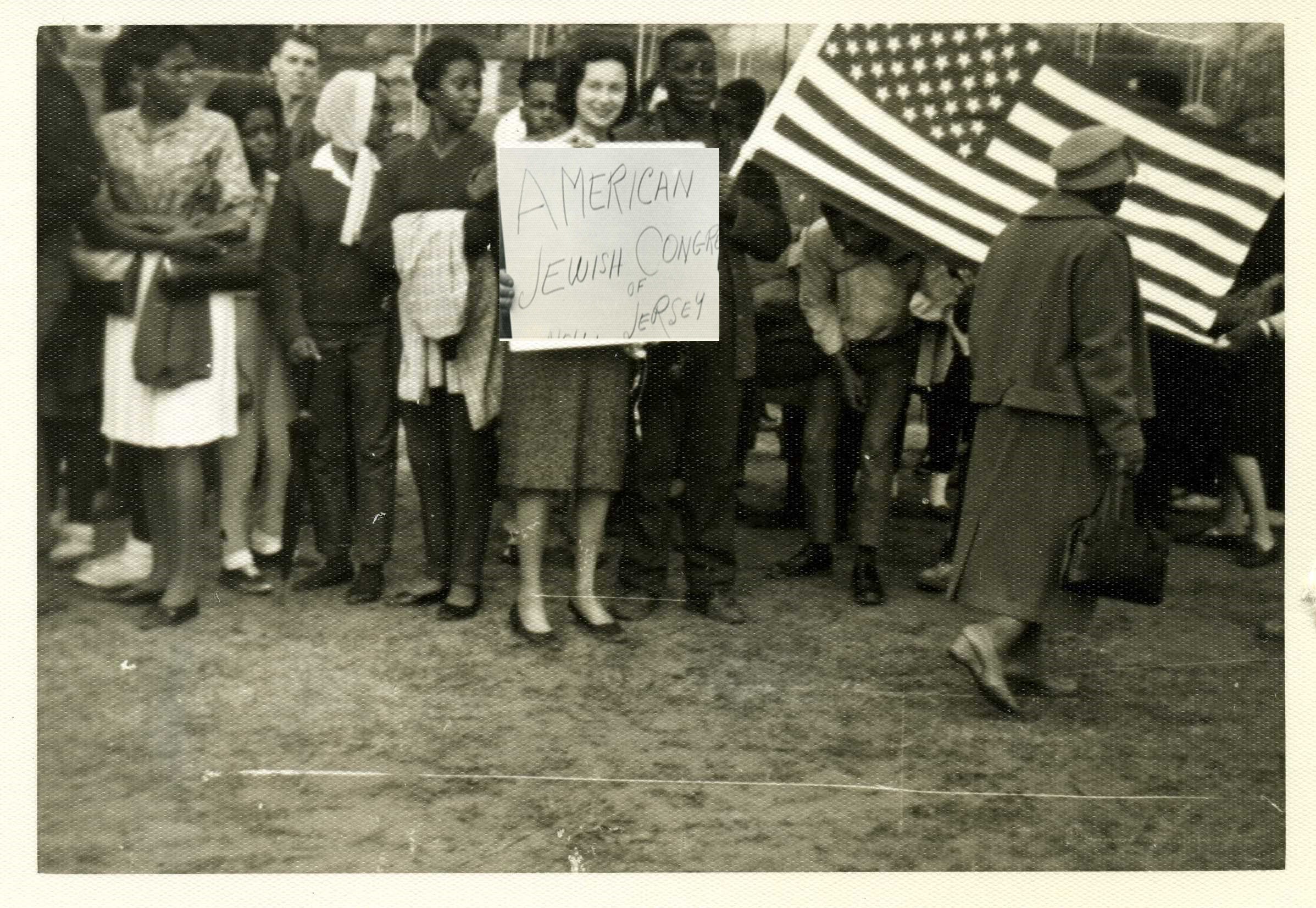
This Friday marks the 60th anniversary of one of the most pivotal moments in the history of the civil rights movement—the historic march from Selma to Montgomery, Alabama. It’s a moment worth reflecting on and understanding the courage and determination that fueled this remarkable march.
In March of 1965, a group of courageous protesters began a 54-mile trek from Selma to the state capital of Montgomery, all in an effort to register Black voters in the South. Along the way, they faced violent opposition—from local authorities and white vigilante groups intent on stopping their mission. Yet, despite the brutality they faced, the protesters did not back down. Under the protection of federalized National Guard troops, they marched for three days, walking through the night, until they reached Montgomery. The world watched as they achieved their goal and made history.
Among those who stood up for civil rights was Jackie Levine—a woman whose activism would shape not only her life but the course of history.
Levine’s journey into activism began in 1954 when she joined the American Jewish Congress (AJC) to fight against Senator Joseph McCarthy’s anti-communist witch hunts. But it wasn’t long before she was on the frontlines of the civil rights movement. In the early 1960s, with her young daughter in tow, Levine and fellow AJC members picketed Woolworth’s Department Store to protest the company’s discriminatory hiring practices and its segregated lunch counters in the South. Her commitment to racial justice only grew stronger from there.
By 1963, she was standing on the steps of the Lincoln Memorial, witnessing Dr. Martin Luther King Jr.’s iconic “I Have a Dream” speech during the March on Washington. Two years later, she was part of the march from Selma to Montgomery—walking alongside Dr. King in support of civil rights.
Jackie’s activism was not without personal sacrifice. In 1964, she was arrested for picketing an anti-Semitic mural at the Jordanian pavilion at the New York World’s Fair—her first of many acts of civil disobedience. “It was such a scary time and a real eye opener because of the hatred from those who opposed the march,” Jackie recalled. “I was arrested twice for my activism.”
When reflecting on the Selma to Montgomery march, Jackie shared this powerful memory:
“In one of the most profound moments of my life, I stood on the muddy Alabama ground, under the starry Alabama sky, in Montgomery, at the end of the great march. Martin Luther King’s voice, his prophetic voice, rang out as he said: ‘We are all witnesses together.’ He did not mean we were mere witness-onlookers, he meant we were witness-participants.” (Levine, qtd. in McGovern, Jackie Levine: A Wonderful Activist Life).
Jackie Levine wasn’t just a witness to history—she was a participant, standing on the frontlines of a movement that would forever change America. As we honor the 60th anniversary of this landmark moment, let’s remember the sacrifices of those like Jackie, who not only witnessed history but played an active role in making it.
In reflecting on this march and its lasting impact, we are reminded that the work of justice and equality is far from a thing of the past. When asked what advice she had for today’s young advocates and activists, she replied: “Keep your eyes and ears open with regard to racism and antisemitism. It’s not over. We are in the middle of a cauldron of hatred.”
In 2025, these issues are as real and urgent as ever. It’s our responsibility, today, to step up and be part of the movement—because the fight for a more just and equitable future is still unfolding, and it’s on all of us to ensure it moves forward.
Read more about the fearless women who built our Greater MetroWest community in The Woman Who Made Legal History in New Jersey by Karen Auerbach-Bocaletti.
Visit the Jewish Historical Society’s (JHS) digital archives to learn more about the life of Jackie Levine.

